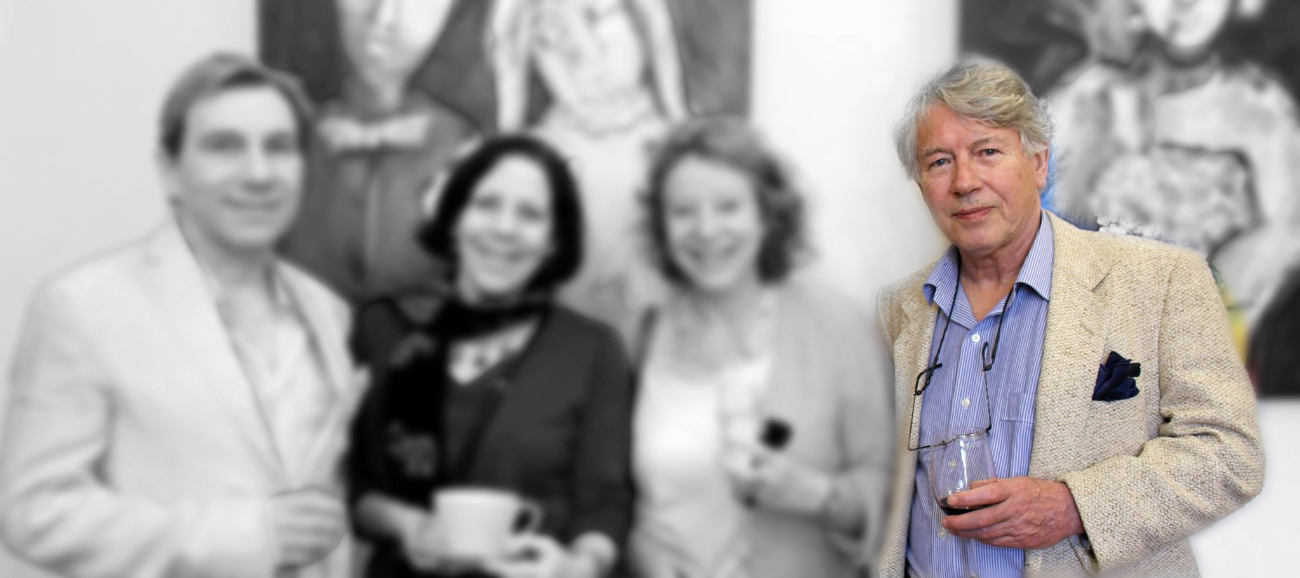
In memoriam T.S.
UK Border officers dress like wannabe SS guards these days. They wear black uniforms with tight, uncomfortable collars, and squint menacingly as you file by. I feel sure one of them will pull me aside, tip up my suitcase, and demand an explanation for the little tin box full of suspicious grey dust . . .
Clearing Immigration, I passed through the endless ‘duty-free’ zone. Vodka and perfume, all the essentials of life. Like Australian airports, Heathrow is a vast, glitzy shopping mall with a parking area which happens to fit planes as well as cars. Twenty minutes later, I was in a Vauxhall SUV, heading for the motorway. I had a mission to fulfil.
I’d met Trevor through mutual friends. Somehow we got along. It’s always a mystery why we like the company of some people more than others. He was an artist. He was originally from England, but then so are thousands of other Australians. Did we recognise a similar way of looking at the world, despite differing in so many other ways? Whatever the reason, there was an inexplicable click, like two jigsaw-puzzle pieces fitting comfortably together. Catching up with Trevor and Meegan in Melbourne, we’d sit on their verandah after dinner with a bottle of wine, while he talked excitedly about his latest project.
After decades in Australia, Trevor had begun to yearn for the landscapes of his youth. Nostalgia is an especially British ailment. He started a subscription to the London Times. He spent hours on Google Streetview, humming as he re-created the bicycle rides of his boyhood down the country lanes of the 1950s. No sooner was the family back from one visit to Europe, than he began planning the next. There was one more trip in Trevor last year, but it never happened. An illness returned and he died in September. The cremated remains of a human weigh about two and a half kilograms. Trevor’s family agreed that he would want half of these buried in England.
I knew just the place.
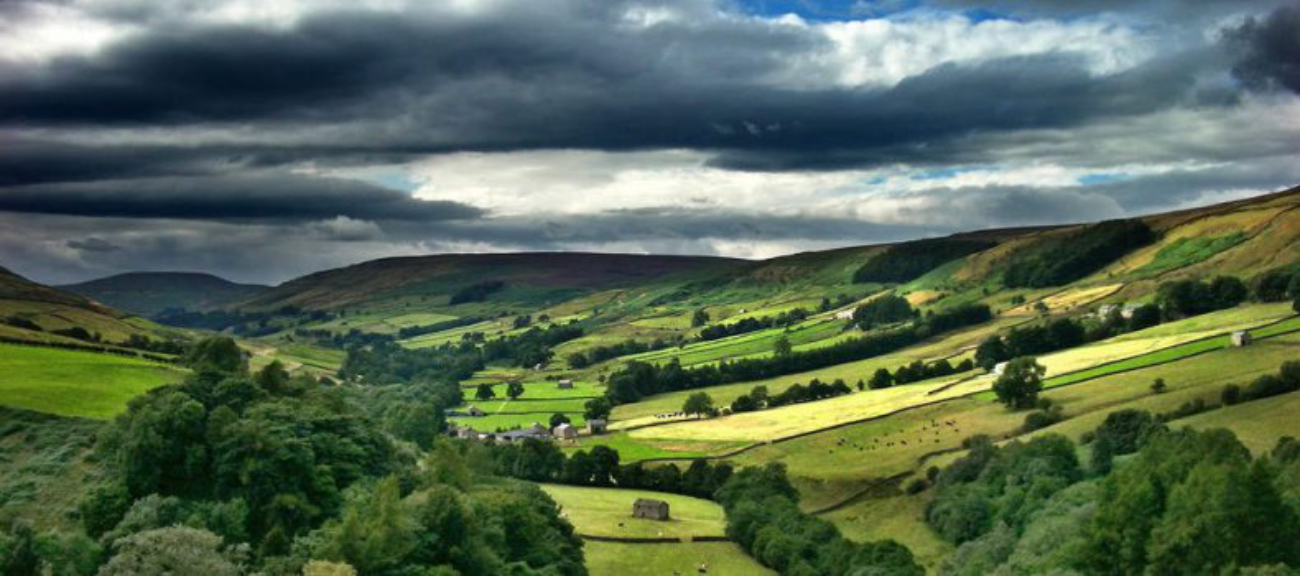
I love to drive off straight after landing at Heathrow. I like to catch how the English landscape feels strange to me before I get used to it. Within a few hours it feels normal again, the place where I grew up. So it’s exhilarating after the long flight to set off on the M4 at 130 km per hour, down the long green corridor to the west. The motorway gives way to dual carriageways, then A roads, then narrow country lanes that I know as well as my own skin. I’ve become used to the subtler shades of the Australian bush, so the hedgerows and woodlands of Britain have an almost tropical luxuriance. As the light fades, so the foliage turns a thousand shades of green. Stopping for a coffee, I feel like a secret agent, able to pass as a local but not of this place any more. I am a spy from the past. Trevor and I used to discuss this feeling, and the strange, powerful love we all feel for the landscape where we grew up.
I reminded him of Birkin in DH Lawrence’s Women in Love, who delights in stripping off his clothes to lie in a field, ‘naked among the primroses’ and at one with the earth. In a few weeks, too, Trevor too would go to earth, his ashes dissolved into the moist and fragrant soil beneath a canopy of oak trees. The leaves would fall. There would be snow. A fox would pass by, leaving footprints lost when the next rain fell. And by the following April, bluebells would appear, to fill the woods with a hallucinatory blue haze.
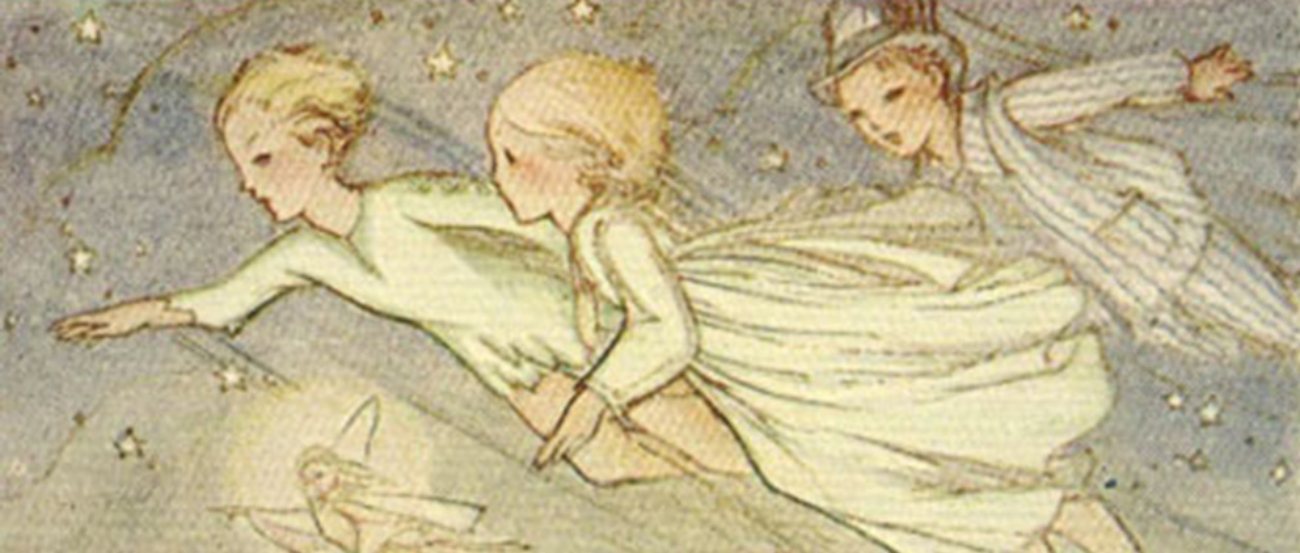
Do people still use the word ‘gentleman’ these days? I hope so. Trevor was one of nature’s gentlemen. Older than me, he seemed eternally boyish. Peter Pan with a roll-up cigarette in his hand. There was a full head of hair (banished later by chemotherapy) and an impish expression. He had a modesty and curiosity about the world that was not assumed or even a virtue, but simply an innocence which he had somehow retained after the age of eight. Maybe you know the feeling of being the youngest person in the room, even when you are among the oldest. What is it to be a ‘grown up’? It’s how we expected to feel when we were older, but for some of us it never happened and never will.
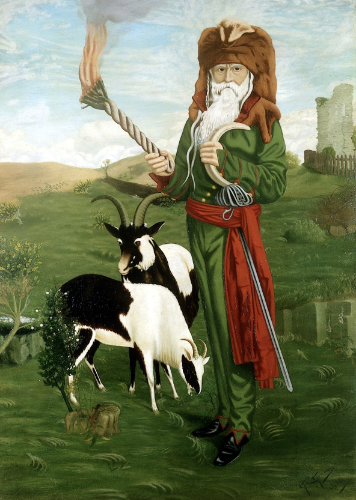
Earth to earth, ashes to ashes. The ceremonial burning of the dead was practised for thousands of years until it fell into disfavour with the rise of Christianity. By the nineteenth century, it was regarded in Europe as a barbaric, primitive ritual.
Cremation became respectable again largely thanks to a Welsh doctor, William Price.
When Price’s infant child died in 1884, he built a pyre on a nearby hilltop to cremate his son. An angry mob stopped him from going ahead and Price was arrested and charged. He defended himself in court, acknowledging that there was no law stating cremation was legal, but equally there was none stating it was illegal. The judge agreed and a legal precedent was set. Within a few years, crematoria were being built all over the country.
I’ve always had a soft spot for Dr Price, one of the great eccentrics and freethinkers of the Victorian era (when there was plenty of competition). He was prominent radical and had to flee the country for a while after the Newport Rising, when troops killed dozens of Chartist marchers. A popular GP, he refused to treat tobacco smokers, was a vegetarian and an anti-vivisectionist. Dr Price despised religion, was an enthusiastic nudist and propounded free love, denouncing marriage as the enslavement of women. He promoted the Welsh language and culture, founding his own Druidic movement, mainly for the rather splendid costume, I suspect.
On his eighty-first birthday, Dr Price married for the first time, to 21-year old Gwenllian Llewelyn. They had several children and he lived well into his nineties.
On his death bed, Price’s last words were, ‘Bring me a glass of champagne’.

Trevor was one of those people ‘good with their hands’. He never knew how much I envied his easy way with the physical world. Apart from previous professional careers (air force, finance) and being an accomplished painter, Trevor could build a house . . . create a beautiful garden . . . restore a piece of furniture. My father was the same, with a shed full of tools that he took for granted all men knew how to use. Mallet. Vice. Plane. Mortice block. Spokeshave. He tried to interest me in them for years before sadly accepting my cack-handed and complete lack of interest.
I can only imagine how it feels now to walk through the world able to have such mastery over your surroundings. I wish I’d talked about this to Trevor. Did he feel more confident to know such power over his surroundings? Would you feel more a part of the material world? That you could build a wall, repair a roof, plant a new garden, fix a broken chair? As someone who has Hire-a-Hubby on speed dial, I can only dream . . .
Trevor painted moments rather than places. They are never dramatic, his works. Depictions of people are rare. A doorway opens into a brightly-lit corridor. Hills and hedgerows undulate into a distance that never seems to arrive. A country crossroad with a girl and a dog slipping by. What interests him is how the light falls and interacts at that very instant – the angles and reflections of sunlight in that moment of still life, never to be repeated. In their quiet, deceptively calm way, Trevor’s paintings evoke for me the horror of time passing, those photons of irretrievable moments now spinning away into the cosmos.
In 1998, astronomers detected the first body circling another star. The tally is now over 4,000 exoplanets. We can tell that some have atmospheres, even oceans. We know some are rich in minerals and even have volcanos. It is a near-certainty that life has evolved elsewhere in the universe. The nearest of these exoplanets is Proxima Centauri b, just four light years away. In other words, what we see has taken four years to travel through space at the speed of light. We are looking into the past, at where the Centurians may live. But if we can see them, perhaps they can see us.
With a powerful-enough telescope, those alien watchers would see the earth as it was in 2015. They would see Donald Trump announcing his candidacy for president. Islamic State capturing Palmyra. Ireland voting for equal marriage. They would see Trevor giving us a tour of his garden in the most exquisite detail. They could watch you, perhaps even hear what you were saying, at that exact distance in space-time ago. As Einstein insisted, ‘the distinction between the past, present and future is only a stubbornly persistent illusion’. Each moment is never lost after all, but lives forever, travelling endlessly in a wave of photons across the universe.

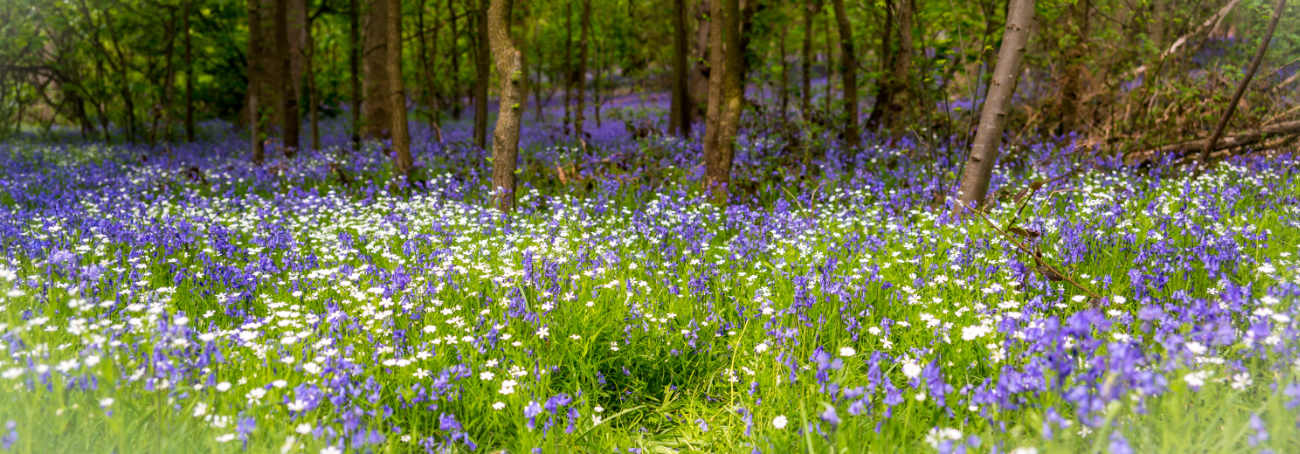
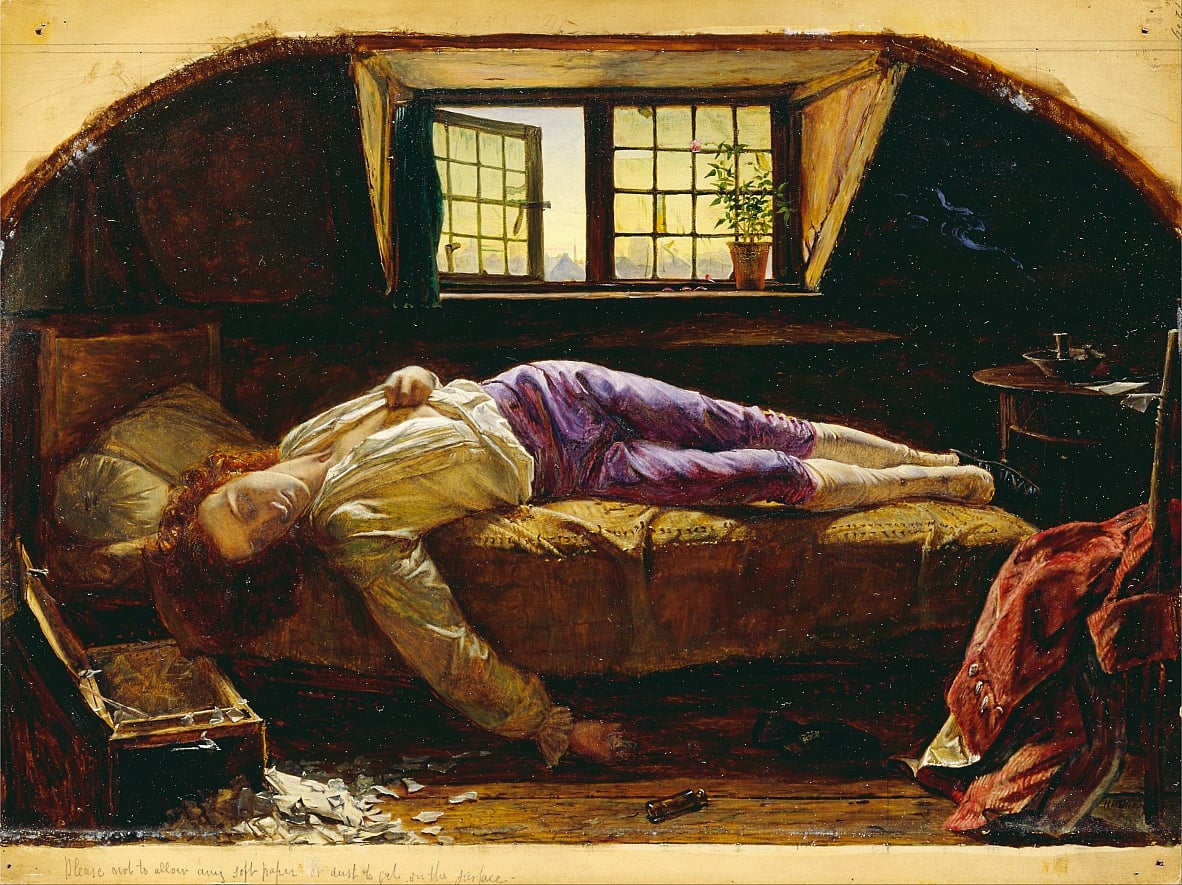
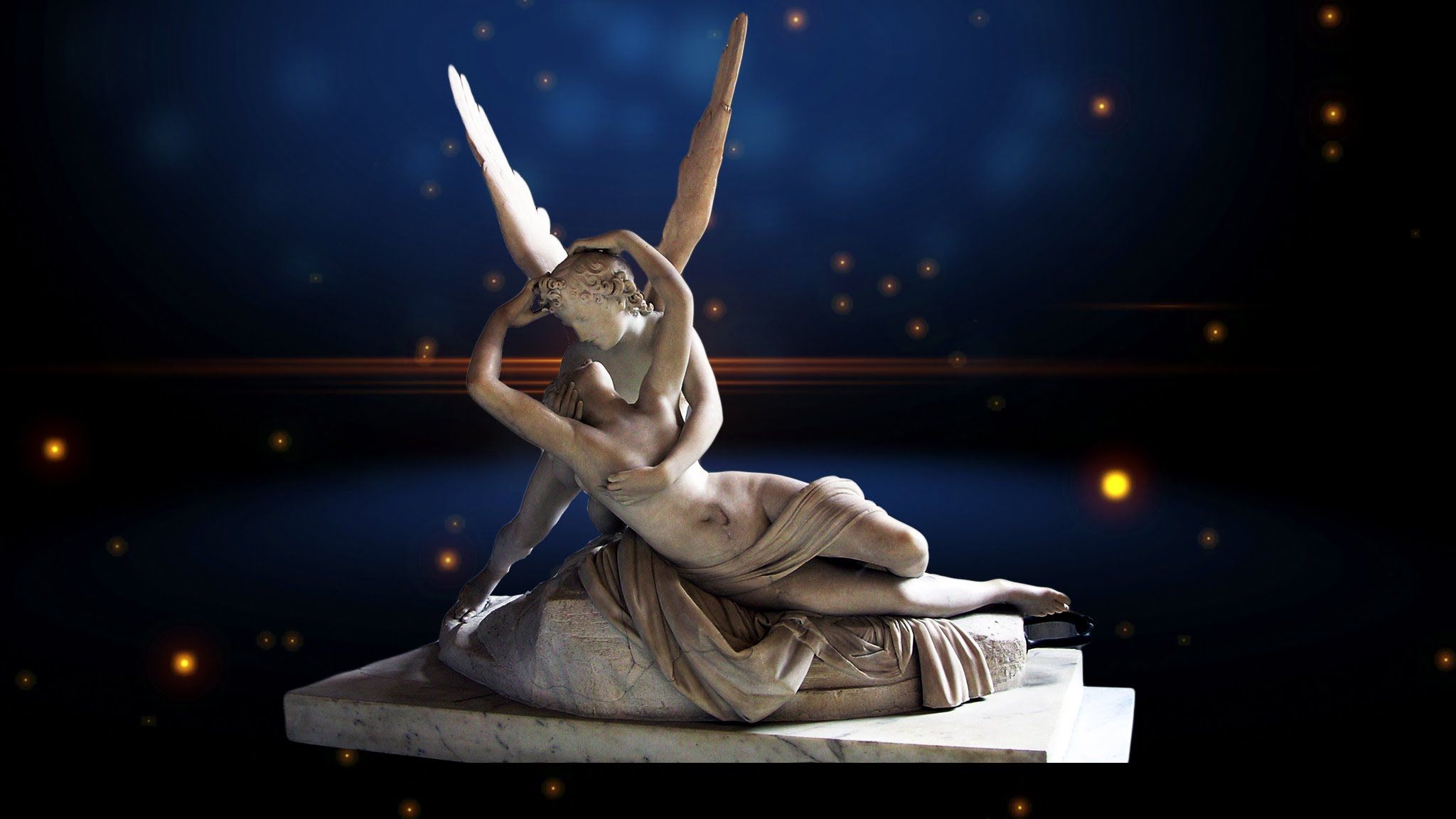

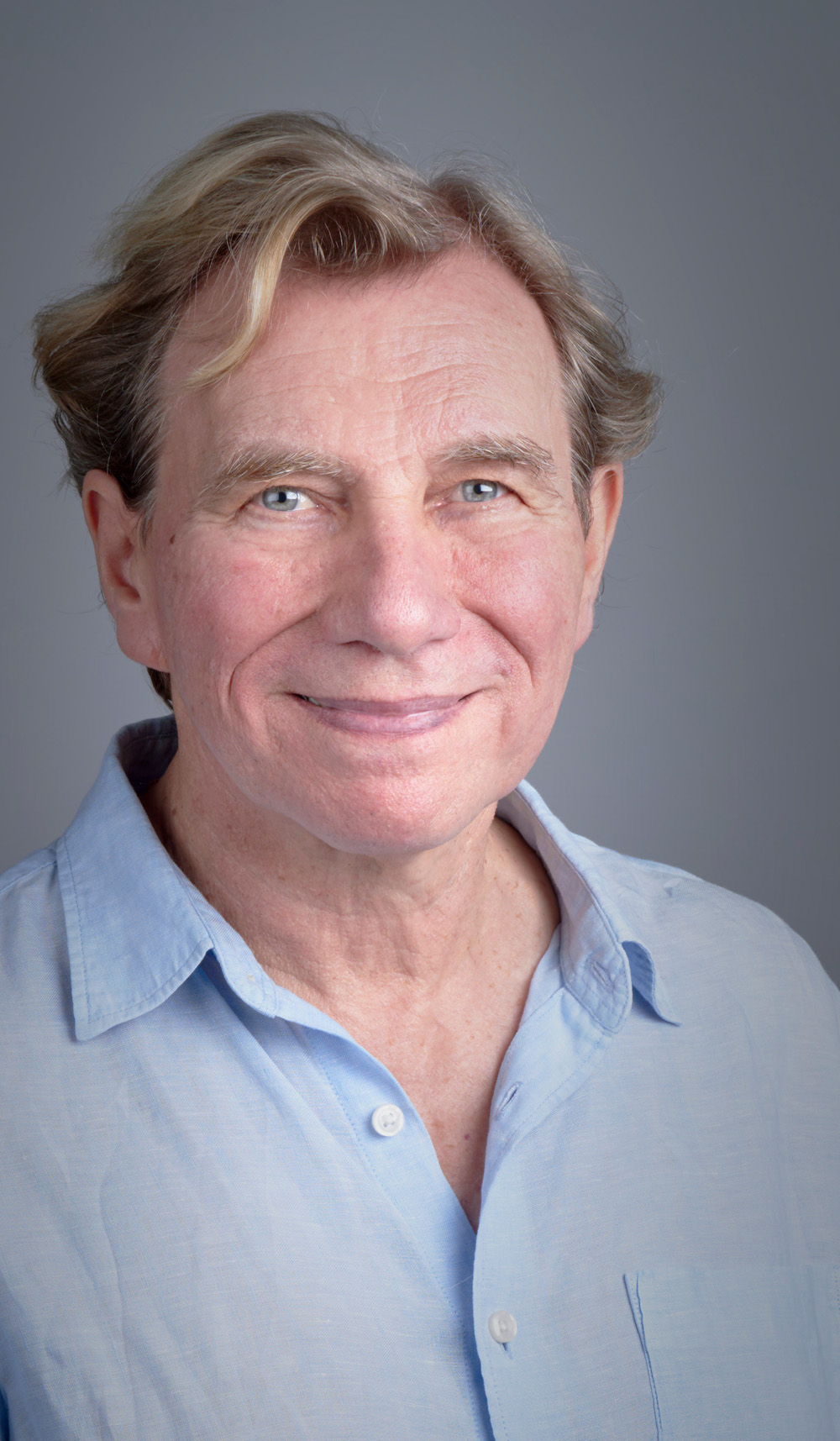
You cover so many topics, and your writing is so vivid and presents graphical images!
Well written!
Really enjoyed the piece, especially having just driven through West Wales.
Would have liked to have met Trevor